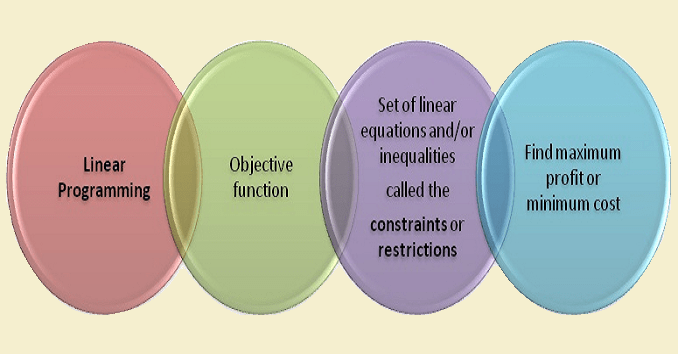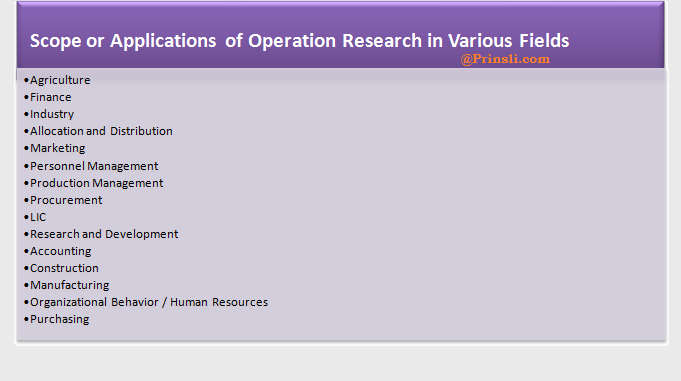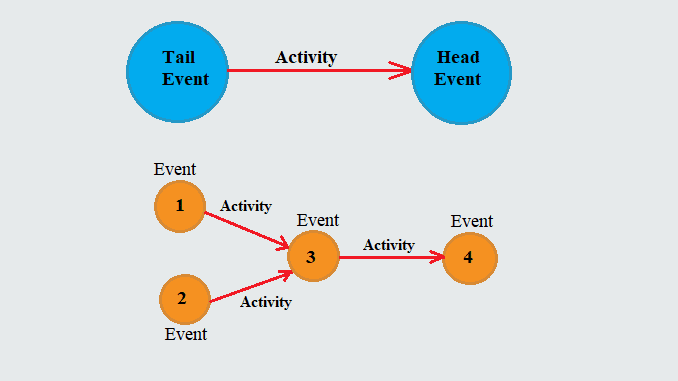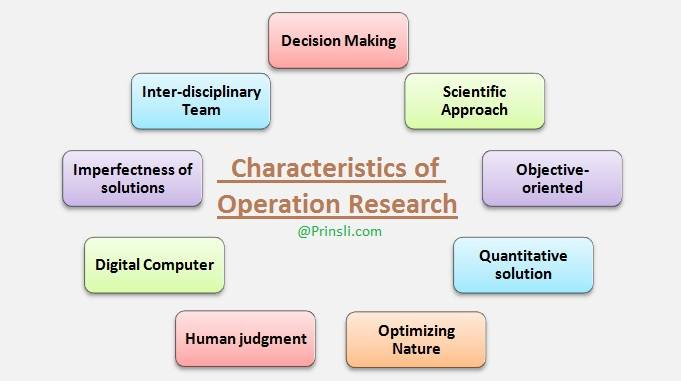
Introduction & Definition of Linear Programming Problem (LPP):
In linear programming, we formulate our real-life problem into a mathematical model. It involves an objective function, linear inequalities with subject to constraints (s.t.). The technique of linear programming was developed by Russian mathematician L.V. Kantorovich. In short form, a Linear programming problem is also denoted as LPP.
Linear programming or linear optimization is a technique for determining an optimal (maximum or minimum) solution of limited resources. The resources may be in the form of men, materials and machines etc.
According to the famous economist Robbins, resources (land, labour, capital, materials, machines, etc.) are always limited. But each resource has different alternative uses. The problem for any person is to select only those alternatives which can maximize profit or minimize the cost of production. So, Linear programming techniques are used to select the best possible strategy from a number of alternatives.
Linear programming is often used in business to find maximum profit or minimum cost. A linear programming problem (LPP) includes a set of simultaneous linear equations which represent the conditions of the problem and a linear function which expresses the objective function of the problem.
The linear function which is to be optimized is called the objective function and the conditions of the problem expressed as simultaneous linear equations and/or inequalities are called the constraints.
Hence, linear programming is used for obtaining the most optimal solution for a problem with given constraints.
In other words,
An LPP calls for optimizing (maximizing/minimizing) a linear function of variables called the “objective function” subject to a set of linear equations and/or inequalities called the “constraints” or “restrictions”.
Hence, it is an optimization method applicable for the solution of optimization problems where the objective function and the constraints are linear.
That is, “linear programming is a mathematical technique for allocating limited resources in an optimum manner.”
Read Also: Meaning of Linear Programming
Some Definitions in Linear Programming Problem (LPP):
- Optimization:
The technique of achieving the best solutions under the given circumstances is called Optimization.
- Programming:
It is the mathematical technique to determine the optimum use of the limited available resources.
- Linear Programming:
It is a decision-making technique under the given constraints under the condition that the relationship among the variables involved is linear.
(Source – Various books of college library)
Tags: what is linear programming problem, define linear programming problem, define optimal solution in linear programming problem, linear programming problem definition, linear programming problem in operation research, linear programming problems definition, explain linear programming problem
Copyrighted Material © 2019 - 2024 Prinsli.com - All rights reserved
All content on this website is copyrighted. It is prohibited to copy, publish or distribute the content and images of this website through any website, book, newspaper, software, videos, YouTube Channel or any other medium without written permission. You are not authorized to alter, obscure or remove any proprietary information, copyright or logo from this Website in any way. If any of these rules are violated, it will be strongly protested and legal action will be taken.





Be the first to comment